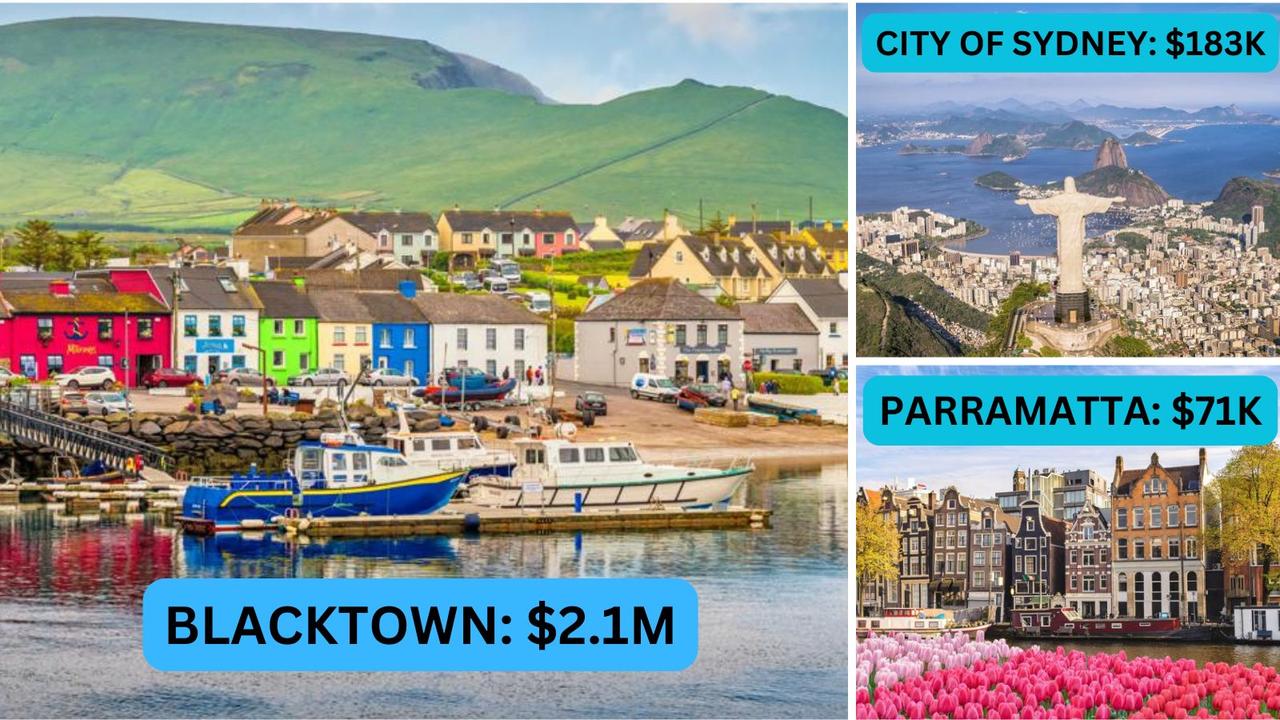Central Coast Council climate change policy adopted
The policy has been passed but emotions were running high when one councillor likened climate change planning to preparing for a “zombie apocalypse” and a resident threatened legal action.

- Coastal erosion could be worse than council maps show
- High tide and erosion sees beaches disappear
- Old Sydney Town given heritage listing
- Heat maps reveal Coast’s hottest suburbs
Central Coast Council has adopted it’s first climate change policy more than a year after the idea was first put forward.
The overarching document sets the direction for how council will deal with climate change risks and impacts, and brings the council in line with NSW Government climate policies.
It refers to such things as monitoring climate change risks, including them in infrastructure planning, and working with health authorities to plan for public health risks associated with climate change.
Reducing greenhouse gas emissions was another commitment in the policy.
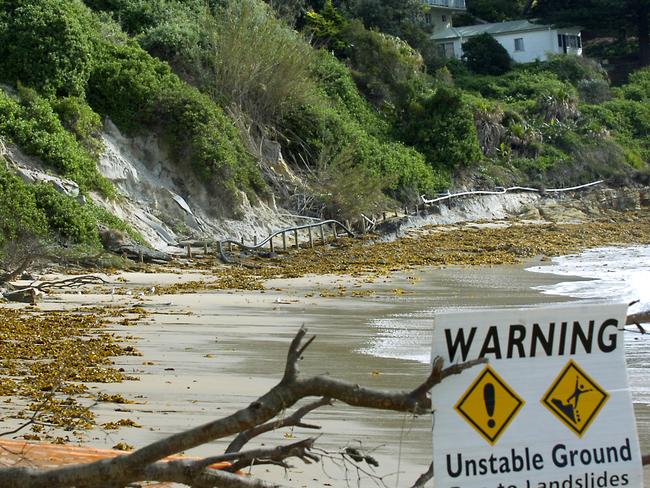
However, for a mere six pages, the policy managed to divide community opinion and whip up fears of soaring insurance premiums and falling house prices.
Two of the most controversial aspects of the policy — planned retreat from risky areas and setting of a predicted sea level rise figure — were removed from the policy after a public backlash. But they may return in future council policies.
Councillors were divided on the issue at last night’s meeting.
Councillor Troy Marquart said many residents shared his view that there would be no sea level rise over the next 100 years.
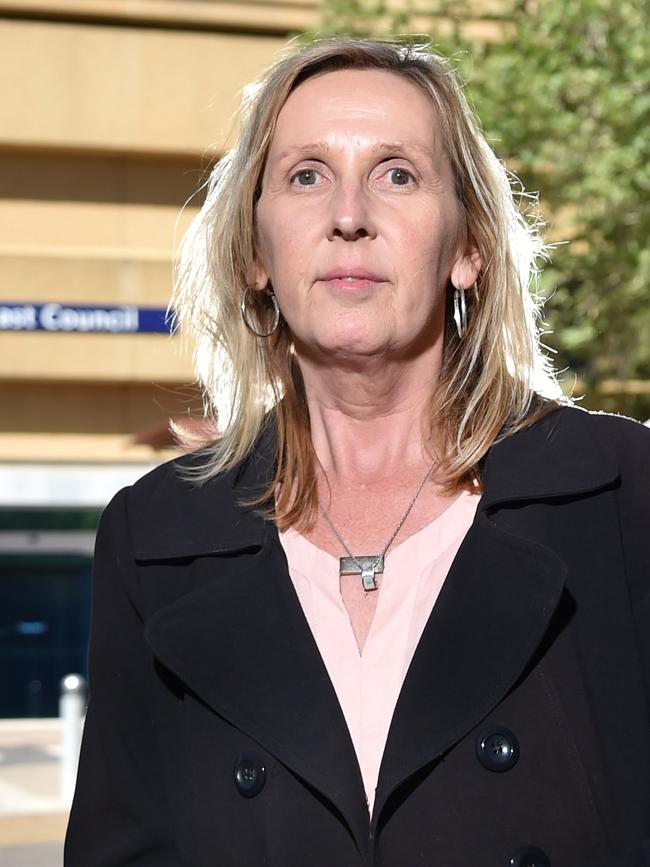
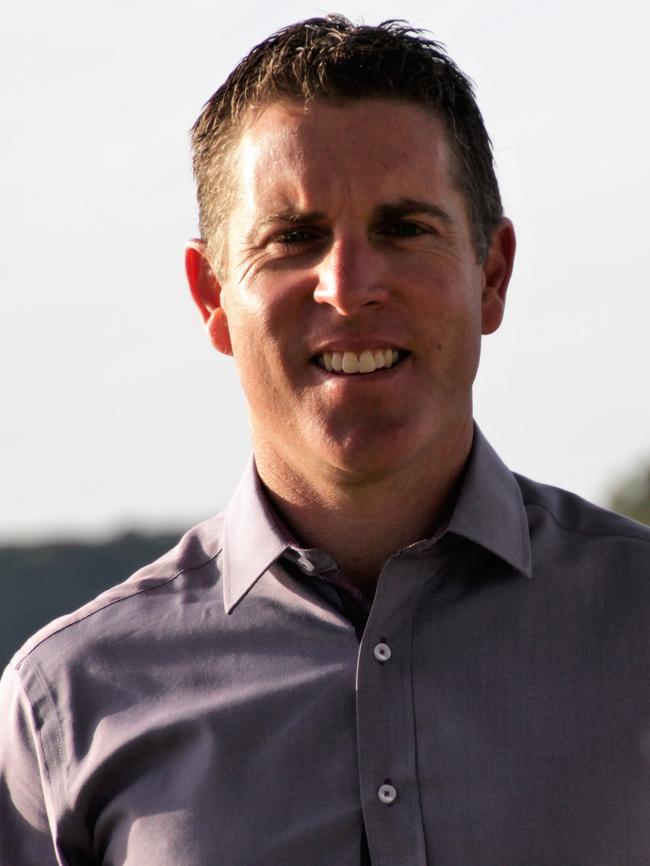
He likened planning for climate change impacts to “preparing for a zombie apocalypse” and said the policy was “one of the most dangerous the Central Coast had ever seen” and would cost many ratepayers a “s**tload of money”.
Mayor Jane Smith, however, said there was no doubt climate change was real and the impacts were being seen every day.
“We are seeing extreme temperatures and extreme weather events,” Cr Smith said.
“There is a need for leadership from councils and all levels of government,” she said.
“It’s not only about environmental impacts, its about serious impacts on the economy.
“This provides us with a policy that will take us forward.”
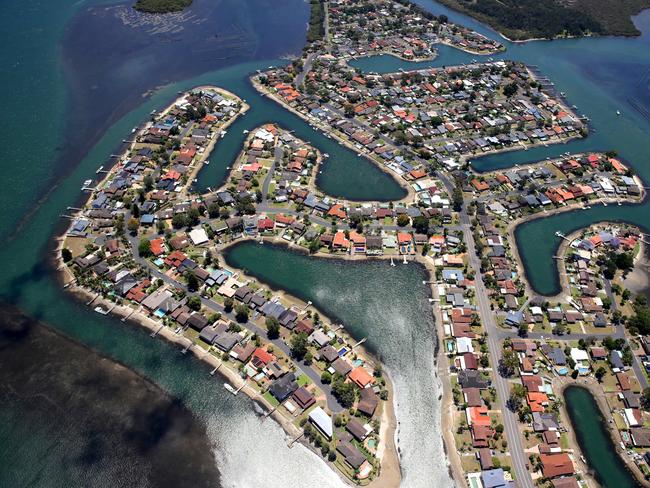
A number of residents spoke about the policy during the community forum section.
St Huberts Island Resident’s Association president Rodney Blake spoke about the concerns of his suburb which is vulnerable to any significant rise in sea level.
Mr Blake conceded that all of the 550 homes on the island were low lying and that the sewerage system was at sea level, but said residents feared the planned retreat and sea level rise issues would be brought back in subsequent council policies.
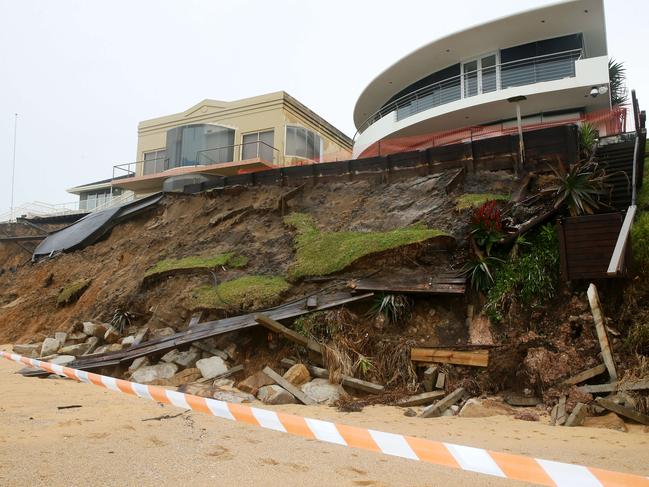
He said tens of thousands of residents would experience loss of property value and higher insurance costs if this happened and said the residents group would consider legal action if “some extreme measures” were adopted in the future.
Mr Blake also condemned council’s community consultation process insisting that most of the people who would be most seriously impacted had not taken part and that flood maps had not been provided.
Structural engineer Richard Weller has expertise in the design of buildings for extreme weather events like floods and storms and also spoke at the forum.
He said people should “not be distracted” by the sea level rise issue which was just a minor part of the overall document.
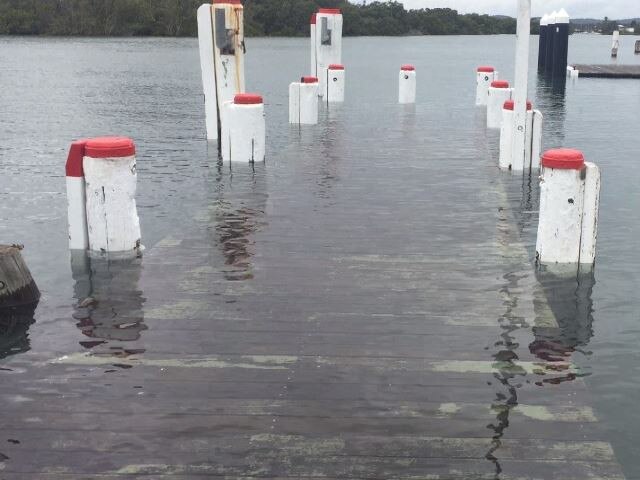
“This is an extremely important umbrella policy,” Mr Weller said.
“It provides for Council to produce plans for the wide range of impacts predicted by our scientists and for reducing emissions, both of Council and the region,” he said.
“All areas of Council’s work need to take into account the impacts expected as we get hotter.
“This policy allows us to face up to the reality that is already happening all around us.
“The fact is the sea level is rising and we have to plan to help people who are affected,” he said.
“The impacts on the built environment will be serious — it has to be dealt with whether we like it or not. Why go into it without a plan?”
Among other councils to adopt a climate policy are Lake Macquarie, Hornsby, Hawkesbury, North Beaches, Ku-ring-gai, Sydney City and Newcastle councils.

